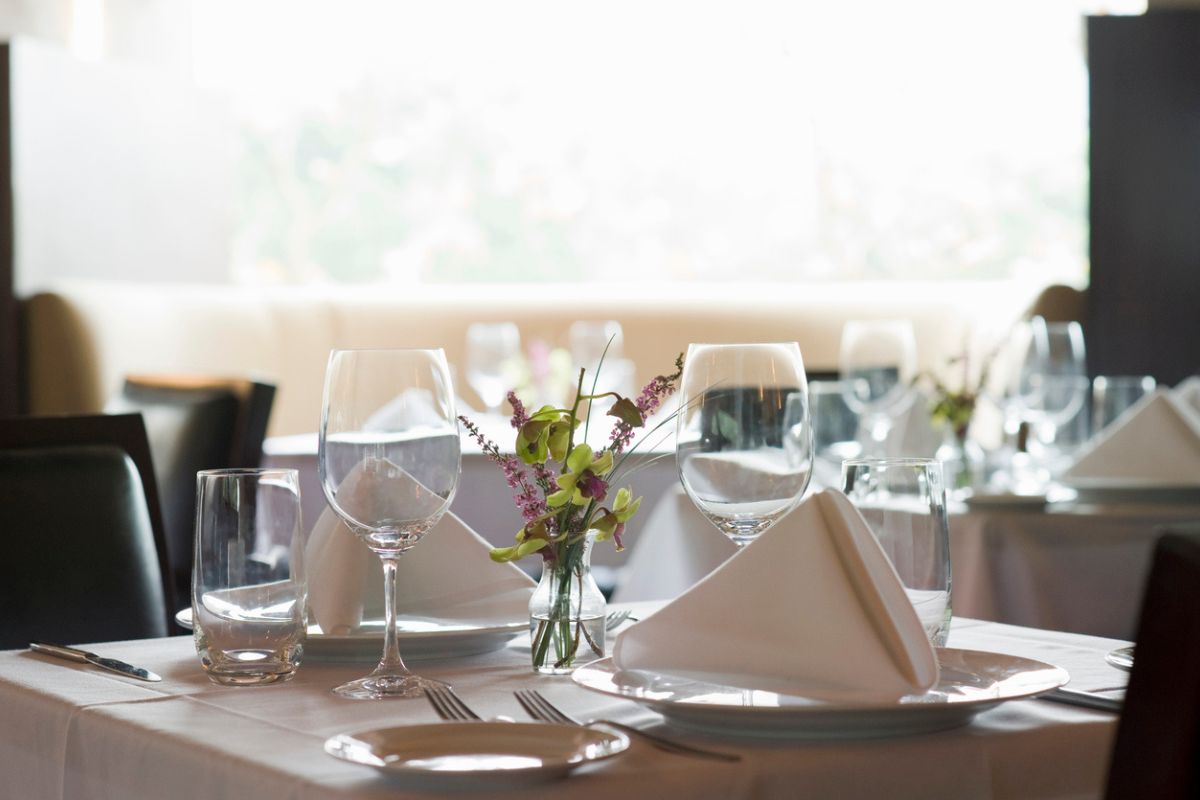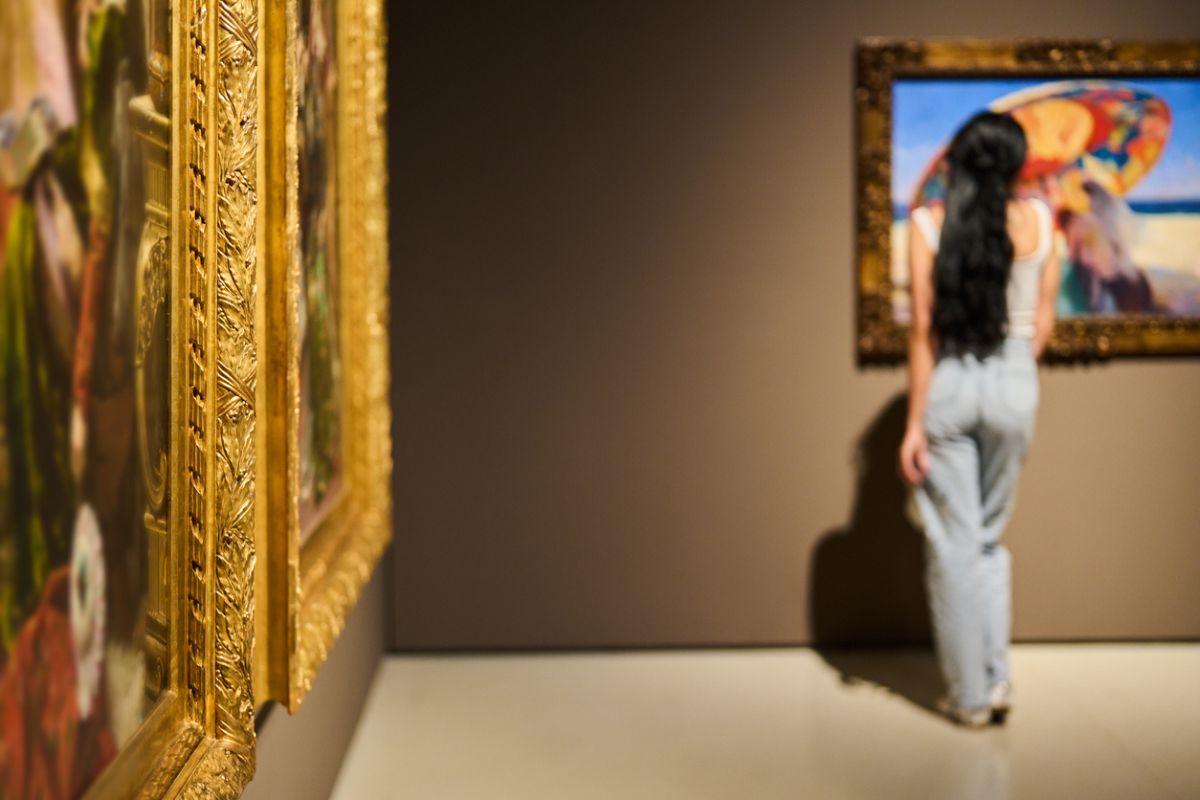Maybe Toucan Sam had it right all along. A new study in the journal Scientific Reports suggests that your nose can pick your next best friend before you do.
The Cornell University-led study, which looked at female college students, showed that one’s everyday scent plays an outsized role in friendship formation. The authors stressed that it makes more of a first impression than your appearance.
“People take a lot in when they’re meeting face to face,” Cornell psychology professor and co-author Vivian Zayas explained. “But scent, which people are registering at some level, though probably not consciously, forecasts whether you end up liking this person. It’s amazing, our attunement to other people, even without being consciously aware of how in tune we are.”
A Bit of ‘Friendly’ Research
The research team set up a “speed-friending” experiment where participants engaged in a series of brief, four-minute conversations with one another. Before and after each of these live get-togethers, participants judged the “friendship potential” (FP) of their counterparts based solely on the smell of T-shirts they wore.
They also rated FP based on a quick glance – a whopping 100 milliseconds – at each person’s photograph.
To everyone’s surprise, the judgments based on scent alone appeared to be a more accurate barometer of friendship potential than facial cues.
“If you think you might be friends with someone you haven’t met based on a tenth-of-a-second exposure to their photograph, you are also more likely to judge them as a potential friend based on the scent of their T-shirt,” Zayas said.
A Dynamic Relationship
But the researchers discovered something else. They found that live social interactions could shift each person’s perception of the other’s scent. Positive interactions influenced participants to view the corresponding body odor more favorably after the exchange. This, the study’s authors argue, suggests that olfactory impressions are fluid, subject to real-world experiences, and not confined to initial chemical reactions.
The researchers stressed, however, that these effects were largely idiosyncratic – driven by personal preferences – rather than any global compatibility benchmarks. They chalked up nearly half of the variability in FP judgments to these subtle differences.
“It makes sense to me that the way you smell impacts the way I judge you,” first author Jessica Gaby, Ph.D., said. “But I was most surprised by the learning, by the shift in the second set of readings – one interaction and you’re like, hmmm, maybe not. One in-person interaction with a person can change the way you perceive their body odor. This is amazing to me.”
Bridging a Critical Research Gap
The study emerges from a foundation of earlier research that alludes to the importance of sensory information – such as facial cues – in shaping our social judgments.
That being said, while visual impressions have earned more than their share of academic attention, olfactory cues have received a lot less attention. Past studies largely centered on natural body odor, collected in the lab.
But in everyday situations, people rarely encounter each other’s “real” body odor. Instead, we run up against a much more complicated “diplomatic scent,” fueled by several factors.
“It’s not just perfume,” Gaby added. “It’s your dietary choices. Are you a cat person or a dog person? What laundry detergent do you use? All these judgments come together into what we call ‘diplomatic odor.’ You live in this odor space – does it match with the odor spaces of the people you interact with?”
The existing literature – however scant – showed a weak link between judgments based on diplomatic scent and natural body, suggesting that diplomatic scents provide different (yet socially relevant) information. For the most part, people judge others more favorably once fragrances are involved. The authors concede that it brings up interesting questions about how much our carefully curated scents shape social perceptions.
Unlike earlier studies that relied heavily on lab environments, this new research prioritized ecological validity, creating a real-world setting that considered multiple sensory modalities. Earlier research found that natural body odors failed to predict attraction in real life.
But this new paper reveals that diplomatic odors are a reliable indicator, at least when it comes to platonic friendships.
Moving Beyond Visual Impressions
If someone’s scent establishes a set of baseline expectations, it could set the entire lifespan of the friendship. And as those relationships progress, these olfactory impressions can shift, strengthening those emotional bonds.
“Our results demonstrate that the olfactory system provides complementary, not redundant, information alongside visual cues,” the researchers concluded. “This sensory information plays a surprisingly powerful role in how we navigate the social world.”
In a society obsessed with visual impressions – driven by dating apps and social media – the role of scent remains an invisible but potent factor
Further Reading
Could Scents Crack the Depression Code?



